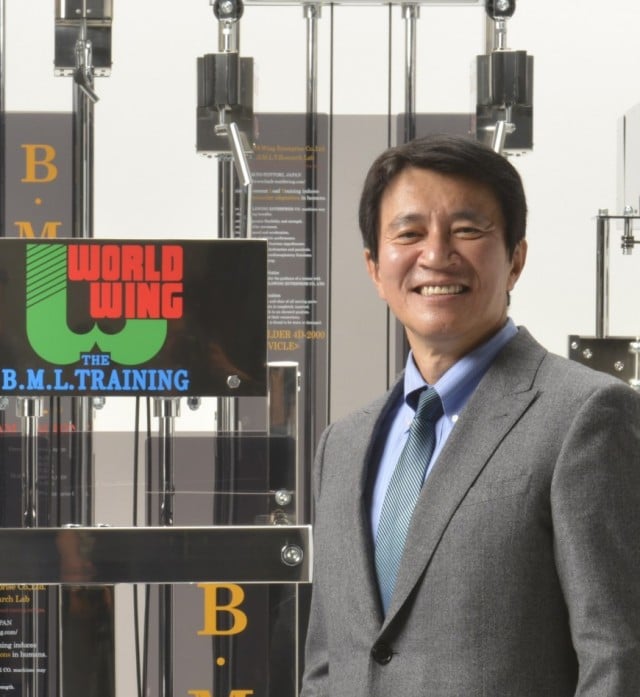
“Empowering Lives: Human-Centered Innovation in Health, Wellness, Aging, and Abilities”


Commissioned by sport federations under the Japanese Olympic Committee (JOC), including the Japan Skating Federation, the Japan Swimming Federation, the Japan Association of Athletics Federations (JAAF), and the All Japan Judo Federation, I have conducted motion improvement studies and developed training methods for Olympic athletes. These initiatives were later applied to Paralympic athletes and, in a natural progression, extended into functional improvement research addressing cerebrovascular disorders, higher brain dysfunction, and intractable diseases.
Within this framework, I developed the Beginning Movement Load Training (B.M.L.T.) Cam Machine, which employs a unique cam system enabling variable load progression, regression, and embedded phases of relaxation. This design produces smooth three-dimensional joint motion, reduces excessive muscular tension, and restores brain–neuromuscular coordination. By introducing the principle of Relaxation-Gated Torque, the device provides a training foundation that promotes neuroplasticity and re-synchronization of motor networks.
Building upon this concept, I developed BeMoLo shoes, designed to activate intrinsic foot functions. With the proprietary Mechanoreceptor Gear, they stimulate plantar sensory receptors and enhance responsiveness of the brain and nervous system. Reported outcomes include reduced stumbling in Parkinson’s disease, recovery after stroke, fall prevention in older adults, and suppression of edema. These findings have extended applications beyond athletics into hospitals and medical facilities.
In this keynote lecture, I will present the B.M.L.T. Cam Machine and highlight practical outcomes of functional improvement, including cases of Parkinson’s disease, post-stroke impairments, and elderly populations.
Known among my colleagues worldwide as Dr. YASU, I, Yasushi Koyama, earned a Ph.D. in Human Sciences from the Graduate School of Human Sciences, Health and Life Sciences Program, Waseda University. I have also served as Professor in the Department of Physical Therapy at Takasaki University of Health and Welfare and as Visiting Professor at the Faculty of Medicine, Tottori University. I am currently President and CEO of World Wing Enterprise Co., Ltd., and Director of the B.M.L.T. Institute of Health and Life Sciences.
My academic foundation lies in biomechanics, physiology, exercise physiology, neurophysiology, and neuromuscular physiology. Commissioned by sport federations under the Japanese Olympic Committee (JOC), including the Japan Skating Federation, the Japan Swimming Federation, the Japan Association of Athletics Federations (JAAF), and the All Japan Judo Federation, I advanced motion improvement research, functional enhancement studies, and the systematic development of training methods for Olympic athletes. These projects were later applied to Paralympic athletes and, in a natural progression, expanded into research and demonstration studies addressing cerebrovascular disorders, higher brain dysfunction, and intractable diseases.
Within this work, I invented the Beginning Movement Load Training (B.M.L.T.) Cam Machine, which employs a unique cam system enabling variable load progression, regression, and embedded phases of relaxation. This design produces smooth three-dimensional joint motion, reduces excessive muscular tension, and restores brain–neuromuscular coordination. By introducing the principle of Relaxation-Gated Torque, the device provides a training foundation that promotes neuroplasticity and re-synchronization of motor networks.
Building on this concept, I developed BeMoLo shoes, designed to activate intrinsic foot functions. With the proprietary Mechanoreceptor Gear, they stimulate plantar sensory receptors and enhance neural responsiveness. Reported outcomes include reduced stumbling in Parkinson’s disease, recovery after stroke, fall prevention in older adults, and suppression of edema.

The 18 th International Convention on Rehabilitation Engineering and Assistive Technology (i-CREATe 2025) which will be held on November 24th-26th, 2025 at Bangkok, Thailand.

The Information Technology Foundation under the Initiative of Her Royal Highness Princess Maha Chakri Sirindhorn
73/1 National Science and Technology Development Agency Building, Rama 6 Road, Ratchatewi, Bangkok 10400, Thailand
Center for Biomedical and Robotics Technology
(BART LAB)
Faculty of Engineering, Mahidol University
999 Phutthamonthon Sai 4 Rd, Salaya,
Phutthamonthon, Nakhon Pathom 73170, Thailand
National Science and Technology Development Agency (NSTDA)
Thailand Science Park,
111 Khlong Nung, Phahonyothin Rd.
Khlong Luang, Pathum Thani 12120, Thailand
Copyright 2025 All Rights Reserved